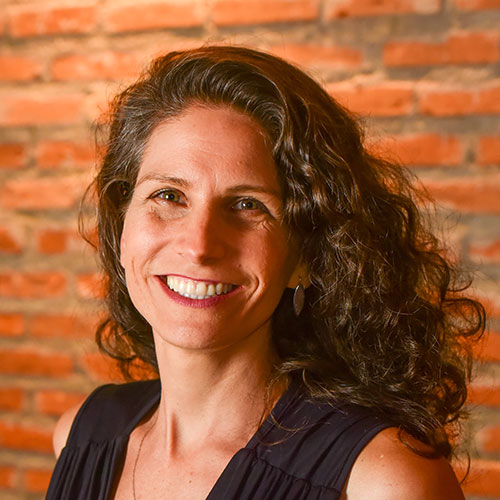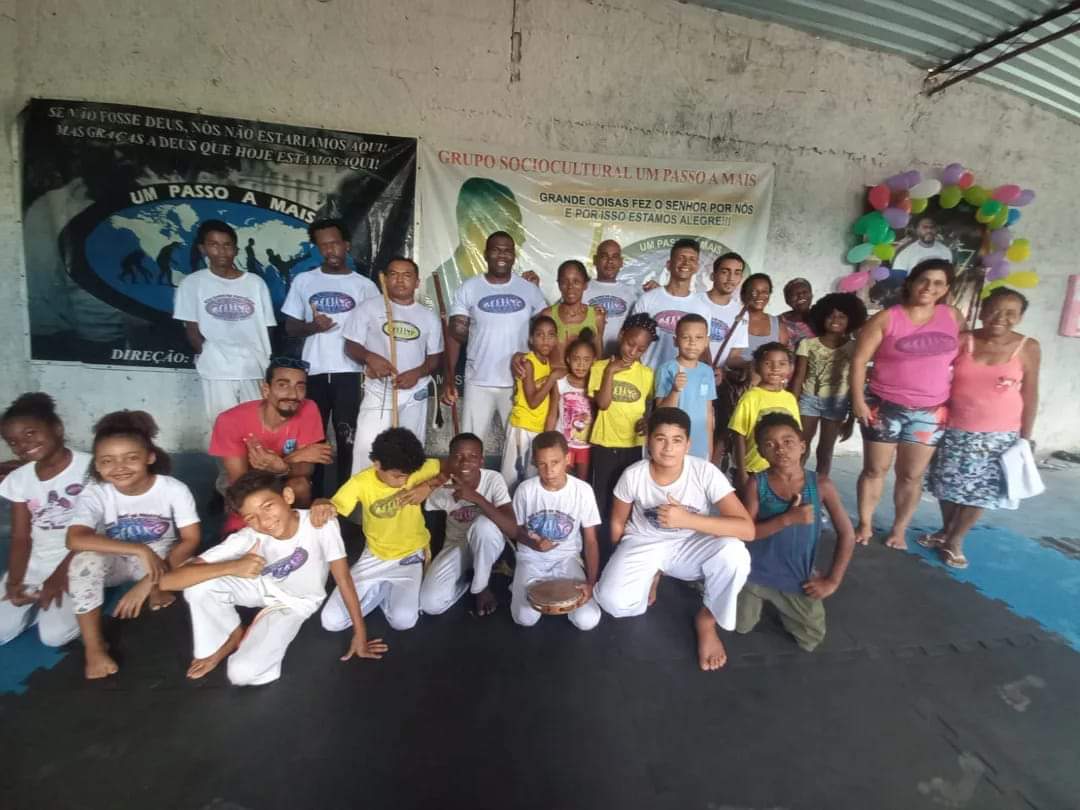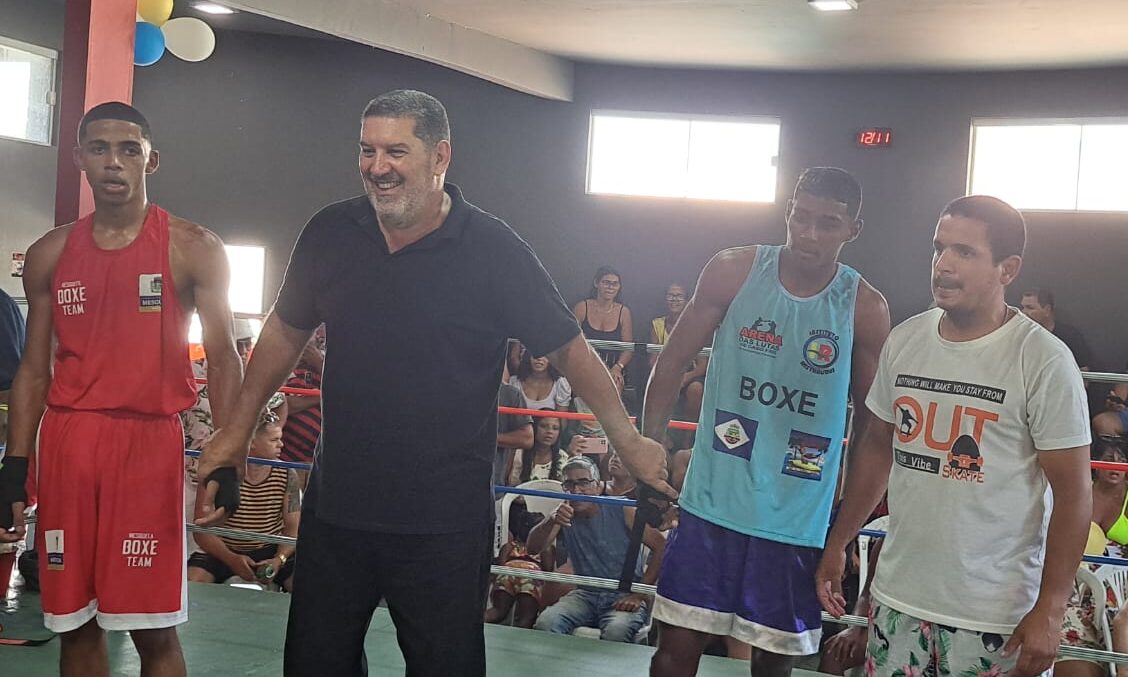Play For A Cause bets on the passion for sport to finance social impact actions
Clubs, athletes, brands and NGOs saw in the auction of collectible items a way to generate resources and support social projects
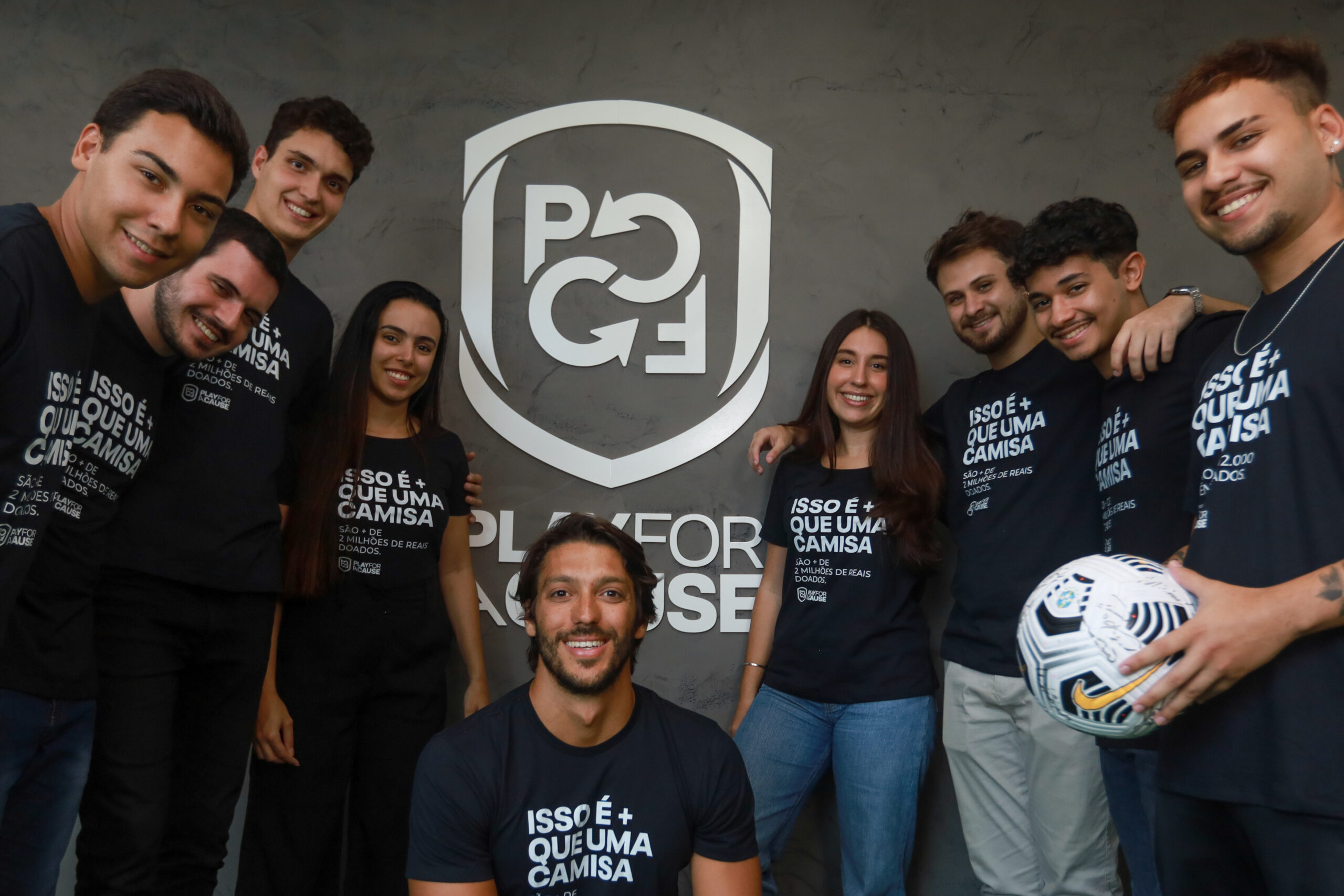

Through committed people and fans willing to pay for their passion for sport, Play For A Cause literally plays for a cause. It works like this: managers contact clubs, teams and athletes looking for donations of personal items used during training and matches. They then sell these items at internet auctions and, with the money raised, sponsor actions in NGOs, hospitals, schools and social projects.
The social impact focused business has been successful. Active since 2019, Play For A Cause has already distributed two million reais to 102 projects in 18 states in Brazil. Among the supported projects are the GRAACC reference hospital for childhood cancer, the AfroReggae Cultural Group, the Ingo Hoffman Institute, the Observatory of Racial Discrimination in Football, Fraternidade Sem Fronteiras and the Dona Meca project.
According to founding partner Manuella Carvalho, the amount allocated to these projects varies, but at least 70% of the resources raised in auctions are directed to institutions. “People who buy at the Play auction are not there to make a donation, they go because they are fans and want that item anyway, but they know that part of that amount will be used to do good, so they accept paying more for it”, observes.
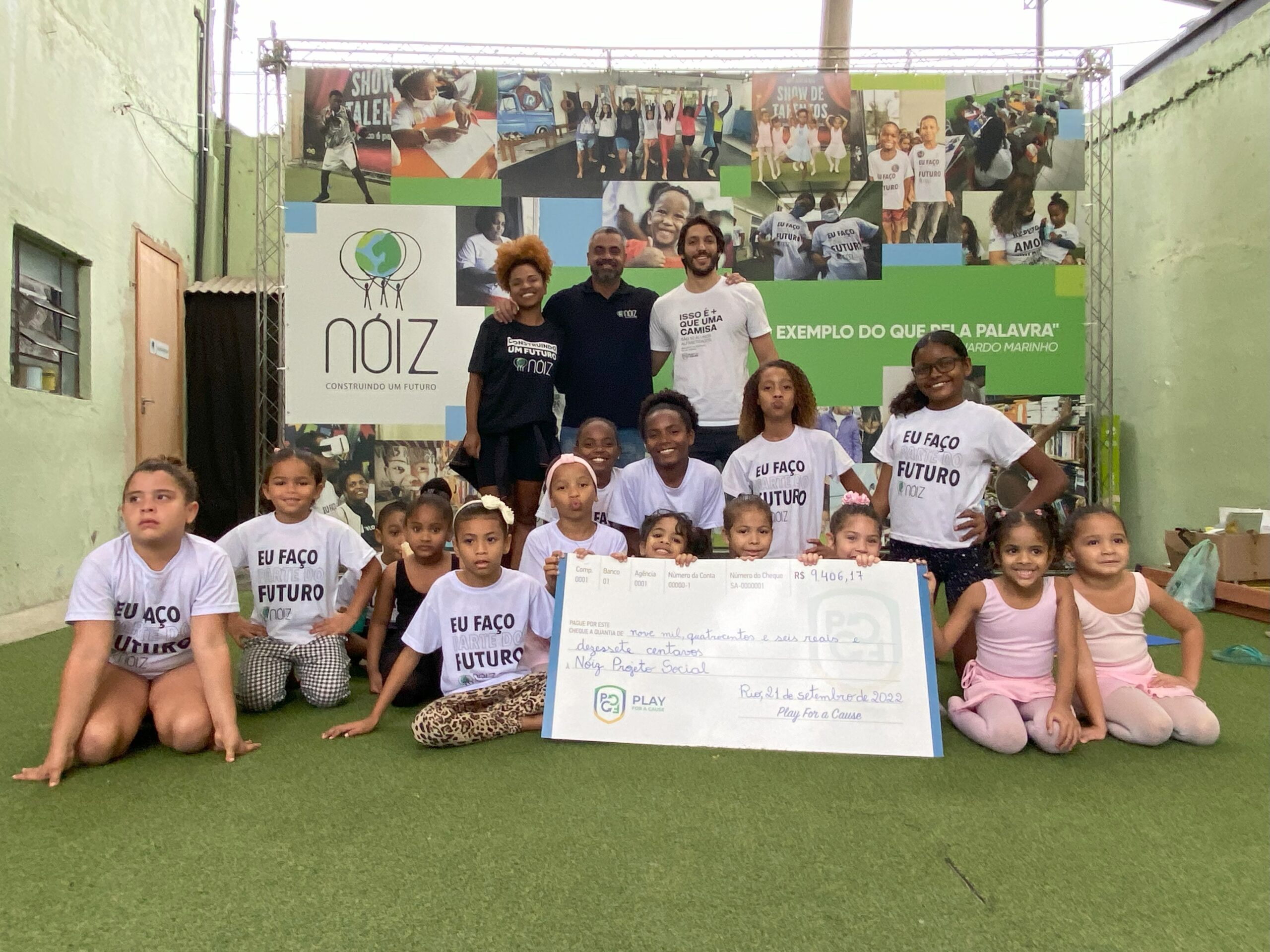
Passionate about sports
The project started because of André Georges, the founding partner of Play For A Cause. He graduated in naval engineering and was completing his master’s degree in Advanced Aerodynamics in France when he decided to start a social business.
When he realized that fans in Europe spent a large amount of money to purchase bottles of water used by football players at the end of each match, he saw an opportunity. “If a fan is ready to pay for a plastic bottle used by a player, imagine for a shirt, a boot, or a pair of shorts? Why not sell these items and generate resources for those who need them most?”, he thought.
And so he did: “I lived in Brest, a small city in France, and I discovered that a Brazilian player, Luciano Castán, had just arrived at the local team, Stade Brestois. I took a Brazilian flag, put it on my back and went to watch the training. Within 10 minutes, he came to talk to me and I commented on the project. He agreed to donate some pieces of the uniform and sell them online. The item was bid on! With the resources, we contributed to the completion of a school in Africa, through the organization Fraternidade Sem Fronteiras”, he recalls.
Social impact
Returning to Brazil, André left engineering for good, found a partner looking for a business with purpose and together they founded the first version of Play, focusing solely on football.
“When we started, we asked ourselves what would make a football club engage in these ideas and we realized that it would help the community where the club is located. Therefore, when we form a partnership, we map the entities that exist in the surrounding area. If the club has any institution to recommend, we will also get in touch”, explains André.
He emphasizes that neither he nor his partner Manuella are fanatical or passionate football fans. “What moves us is to use the power of sport to transform the world we live in”.
With the games canceled during the pandemic, however, they faced this devastating period, whose demand for solidarity became even more urgent, moving items from artists and athletes from other sports. Over time, they also included exclusive experiences in the sales auction.
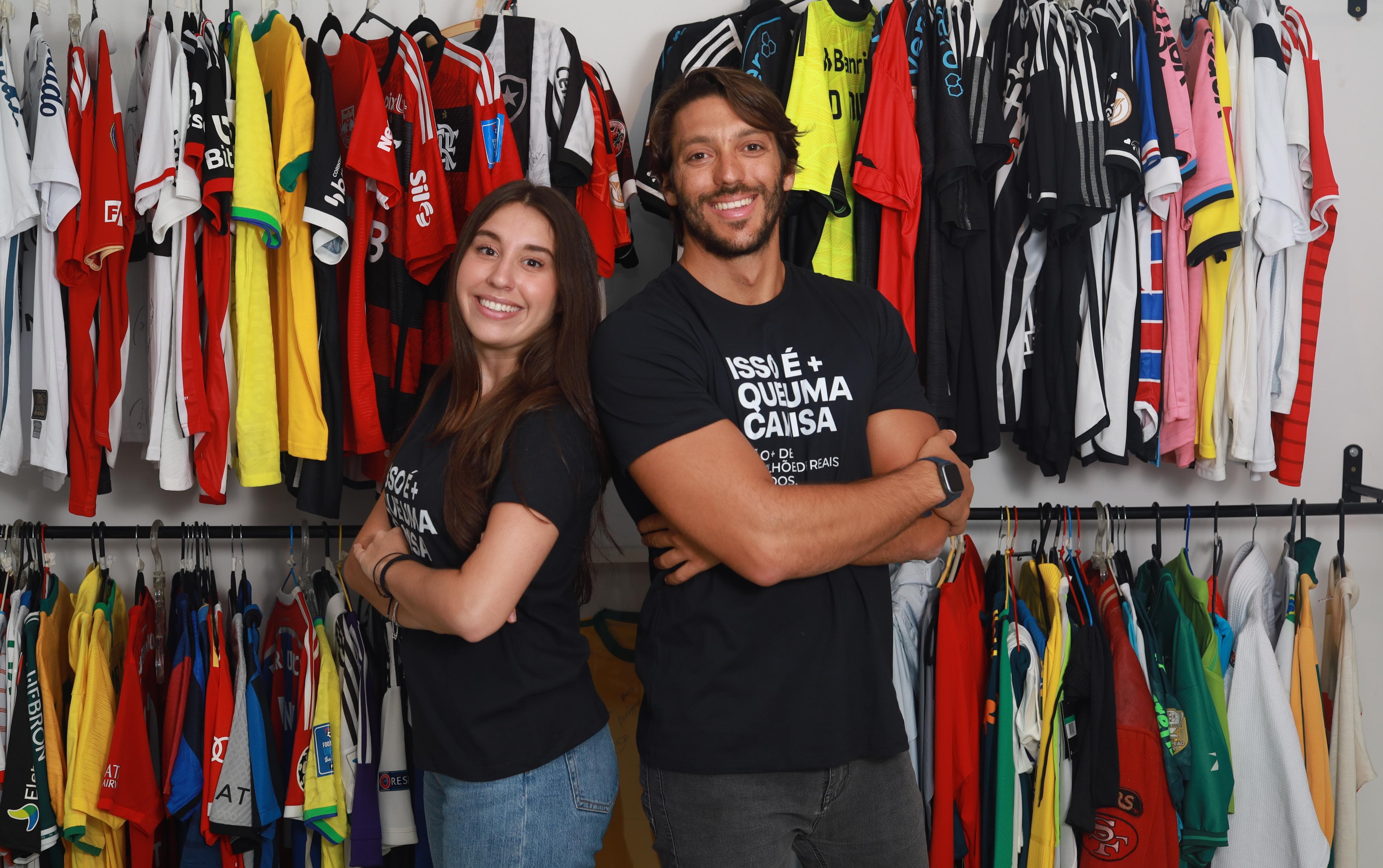

The campaigns
Today, Play For A Cause develops a series of themed campaigns raising flags against racism and homophobia, for peace and religious freedom and for cancer awareness, among others. The campaigns are carried out in partnership with the clubs (or athletes) and the benefiting institutions.
All information about these partnerships is described in the auction itself. Campaigns are evaluated through reports, which are then forwarded to partners. “We prepare a report with numbers on the items sold, the amount that was donated to the benefiting institution along with proof of deposit, and also assessments on the media impact and financial impact”, points out Manuella.
Play for a Cause
Various business models guarantee the project’s execution. In addition to campaigns with football clubs and other sports, Play also forms partnerships with collectors and companies such as Centauro and Nike and promotes the Dois Gols campaign together with Sport TV, in which they select third-sector institutions to support throughout the state with representatives in series A of the Brazilian championship.
“One of the first institutions we partnered with was Dona Meca, here in Rio de Janeiro. Dona Rosângela contacted us because she had a closet with lots of Zico’s things and other items from Flamengo players and she didn’t know what to do with them. We did a test and sold a couple of those items, which generated a resource that we didn’t even imagine was possible. Since then, we have had a recurring partnership with Dona Meca”, comments André.
For him, it is not easy to maintain the social business, but the size of the difference it makes to the lives of many people makes it worth it. “Play’s legacy lies on two fronts: one is to transform the passion for sports and entertainment into a great tool for social impact. The second is to show that financial sustainability and social impact are paths that can be done together. This way we have the chance to create a much better world”, he concludes.
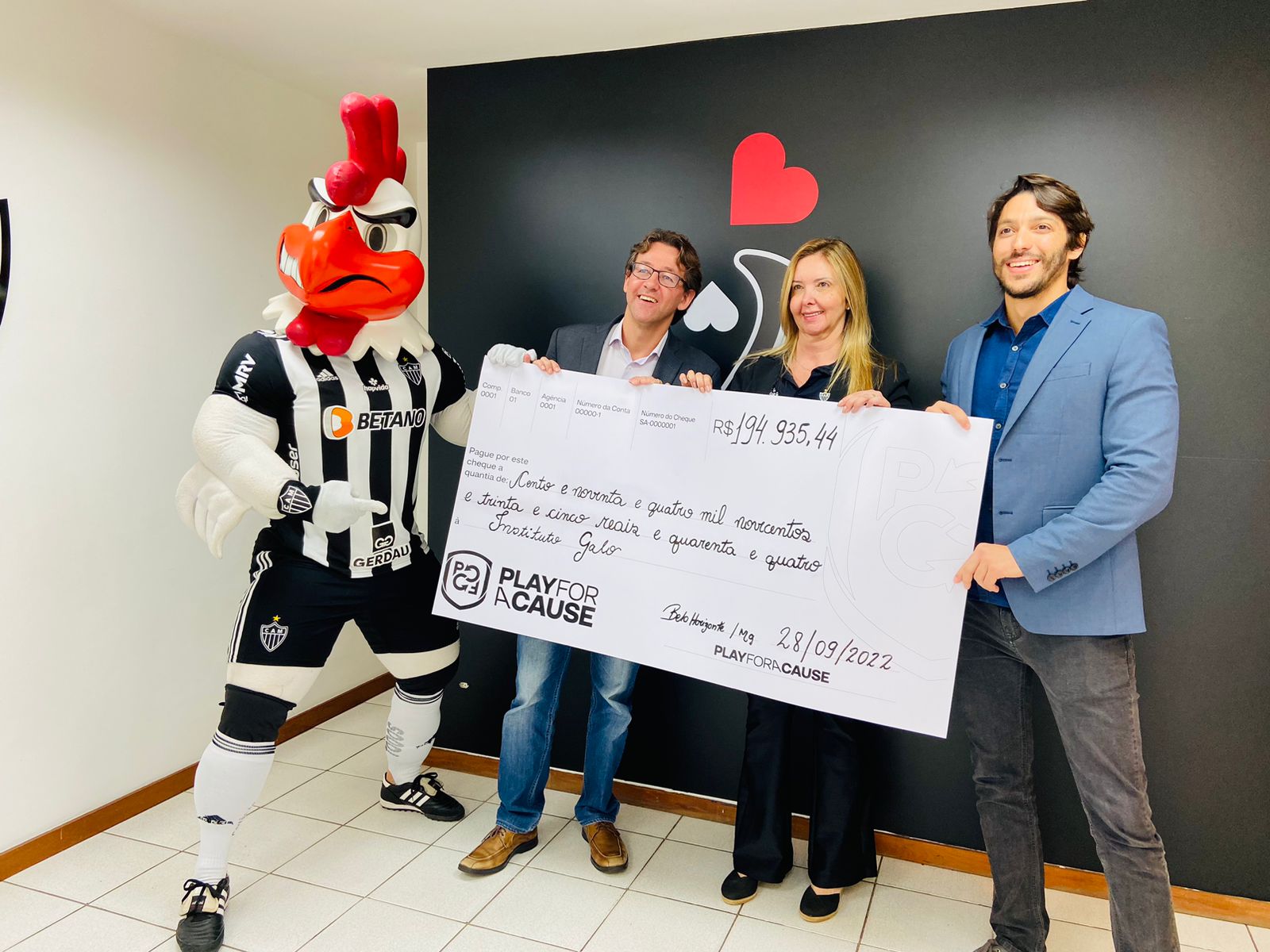

Want to support this cause?
Play For A Cause is a social enterprise that allocates a large part of its revenue to social projects. To find out more, visit the website or follow social media on Instagram, Facebook and Linkedin.
